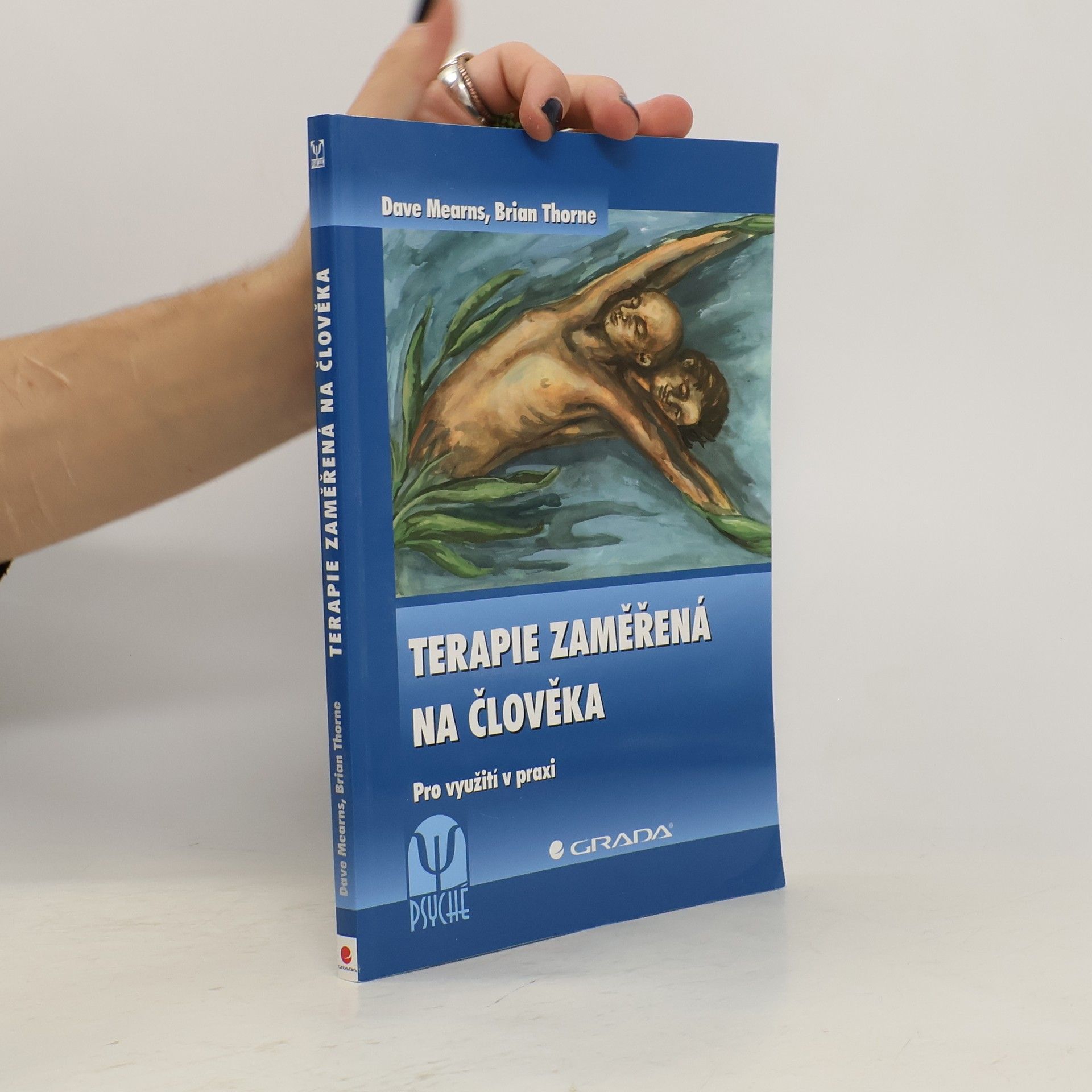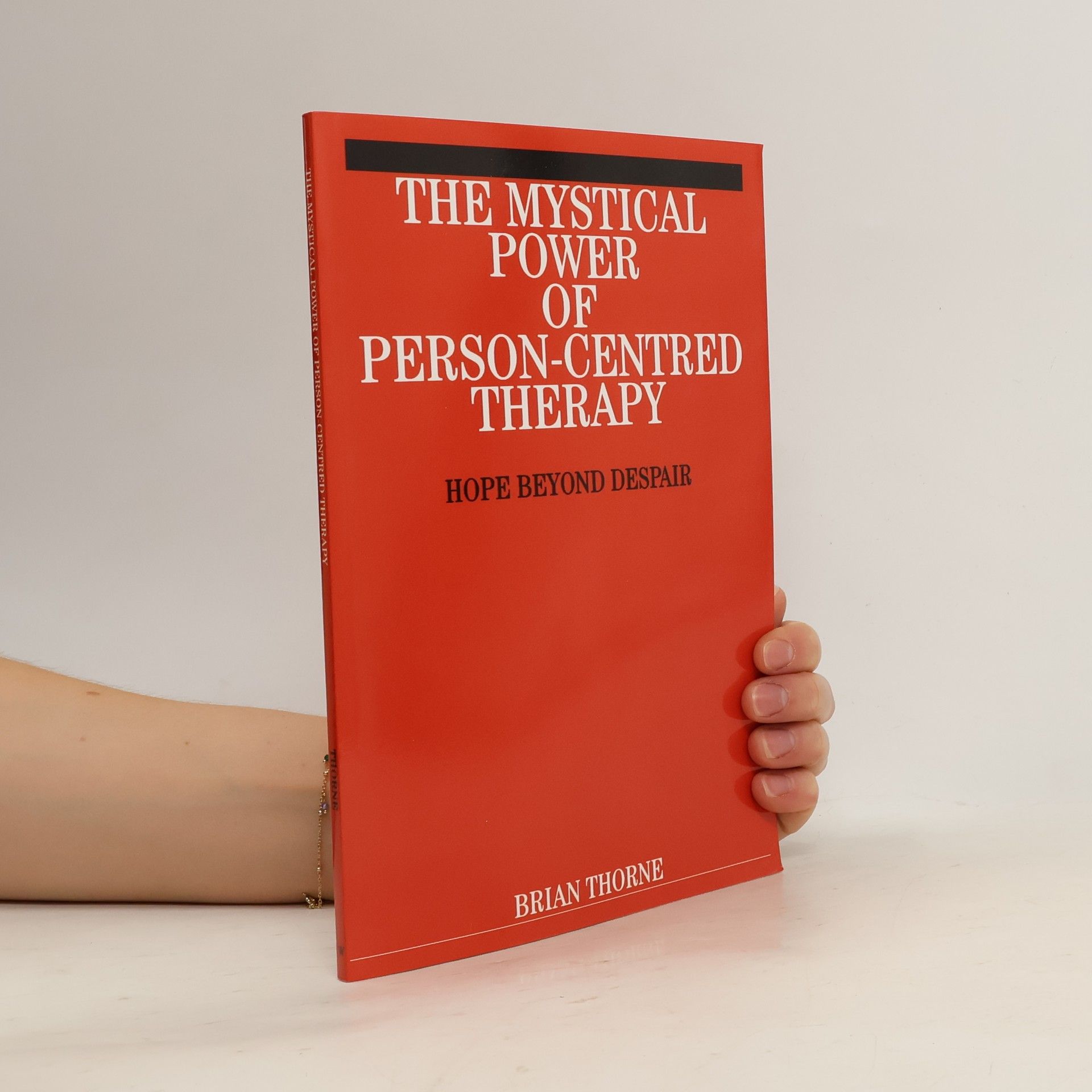`The discussion of empathy, acceptance and congruence is central and should be required reading for all trainees working to understand the richness of these core concepts... outstanding' - Counselling, The Journal of the British Association for Counselling Widely regarded as a classic text, Person-Centred Counselling in Action has now been revised and updated to take account of recent developments in theory and practice. This bestselling exploration of one of the most popular approaches in counselling today is invaluable for students and experienced counsellors alike. The authors explore the philosophical base to the approach originated by Carl Rogers and stress the considerable persona
Brian Thorne Libros




Brian Thorne’s latest book is likely to cause something of a furore in the counselling and psychotherapy world and more particularly among person–centred practitioners and pastoral counsellors. ‘The Mystical Power of Person–Centred Therapy’ takes the later work of Carl Rogers with the utmost seriousness and, as a result, moves into unexpected and perhaps, for some, dangerously controversial terrain. Rogers discovered towards the end of his life that he had greatly underestimated both the mystical quality of the therapeutic process and the power of the person–centred approach to give access to the spiritual dimension of experience. Professor Thorne takes this concept further and explores the implications of regarding person–centred therapy as an essentially spiritual discipline. The outcome is a book which not only provides new and startling challenges for therapists of all orientations but also suggests that the person–centred way of being may have a major contribution to make to the resolution of some of humanity’s seemingly intractable problems. It should appeal not only to therapists but also to clergy and all those concerned with the spiritual evolution of humanity. In the light of the events of September 11th 2001 and their aftermath such a book could not come at a more opportune time.
Terapie zaměřená na člověka
- 184 páginas
- 7 horas de lectura
Principy přístupu terapie zaměřené na člověka pro oblast poradenství a psychoterapie.